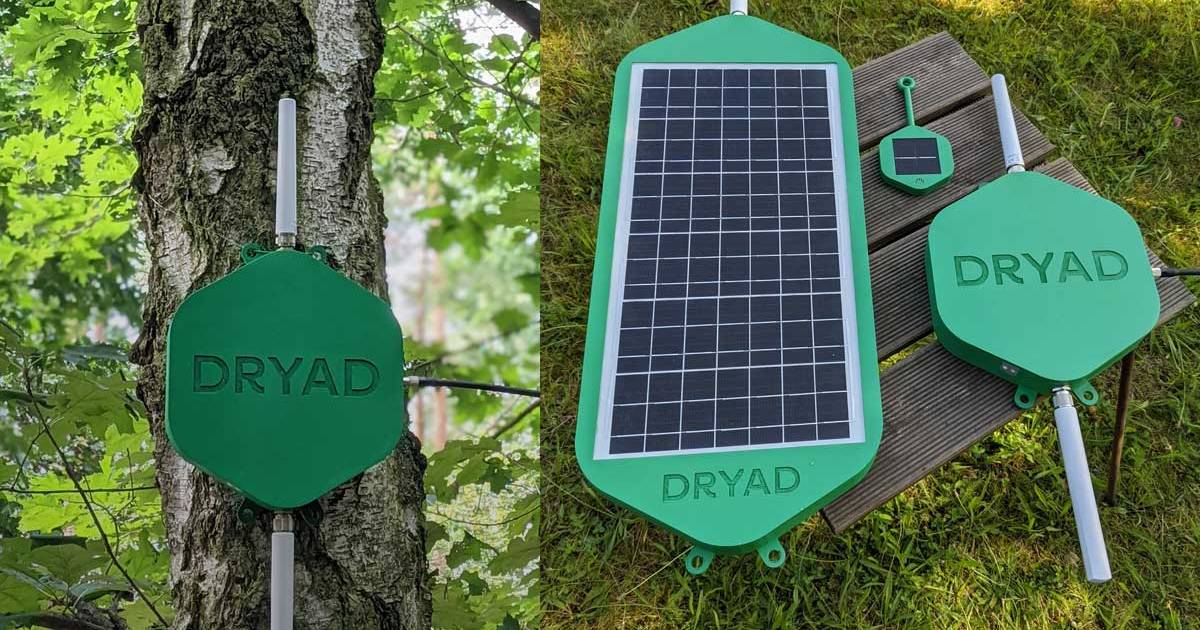TOP STORIES
Trofeo Debuts and Offers Scalable Cloud Strategies
Trofeo offers a comprehensive range of cloud solutions, including cloud strategy and design, application migration and Azure implementation and optimization.
Read More8x8 Announces Enhancements for Cross-Organization Customer and Employee Engagement
Communications solutions provider 8x8 has announced enhancements to its integrated cloud contact center and unified communications platform.
Read MoreTTEC Holdings and Bright Software Partner for AI-Powered Agent Learning
Business process outsourcing (BPO) and customer experience (CX) solutions company TTEC Holdings, Inc. and learning and simulation solutions provider Bright …
Read MoreExtending the Reach of Wi-Fi HaLow: Morse Micro Expands Global Presence, Establishes New Branch Office in Taiwan
Renowned Wi-Fi HaLow silicon vendor Morse Micro yesterday announced the opening of its new Taiwan branch in Taipei, demonstrating …
Read MoreThe CX Hot Six for Telecoms Learning Center
 The CX Hot Six for Telecoms
The CX Hot Six for Telecoms
A guide to customer experience technology that delivers on business KPIs
LATEST FROM COMMUNITIES
IoT and the Smell of Fire: A Conversation with Dryad Networks for Wildfire Awareness Month
We had the opportunity to speak at length with Carsten Brinkschulte, Dryad Networks co-founder and CEO. We discussed IoT sens…
Read MoreWildix Brings in Industry Veteran to Boost Global Sales Initiatives
Wildix made a strategic move and appointed Jason Uslan as Vice President of Sales, effective immediately.
Read MoreUnveiling the Power of Big Data Analytics in the Casino Industry
The modern digital era is the age of data and this applies to casinos as well. Big data analytics has transformed the working…
Read MoreKnow Your Enemy: The 5 Most Prevalent Types of Social Engineering Threats
For most of us, the first thing we do after buying a new phone or laptop is to install our favorite antivirus. By doing that,…
Read MoreThe Revolutionary Impact of Generative AI on Education
Education is the foundation upon which societies are being built because it is through it that people are able to acquire the…
Read MoreAlgo Joins as latest Exhibitor of ITEXPO #TECHSUPERSHOW 2025 in Fort Lauderdale
As the ITEXPO #TECHSUPERSHOW, one of the largest and longest-running business technology events, approaches, we are pleased t…
Read MoreAireSpring Joins as latest Exhibitor of ITEXPO #TECHSUPERSHOW 2025 in Fort Lauderdale
As the ITEXPO #TECHSUPERSHOW, one of the largest and longest-running business technology events, approaches, we are pleased t…
Read More888VoIP Joins as latest Exhibitor of ITEXPO #TECHSUPERSHOW 2025 in Fort Lauderdale
As the ITEXPO #TECHSUPERSHOW, one of the largest and longest-running business technology events, approaches, we are pleased t…
Read MoreBroadcom Selects Arrow as Sole Channel for CloudHealth Multi-Cloud Management
Arrow Electronics announced it was selected by Broadcom as the sole provider for its CloudHealth from VMware offering.
Read MoreA Quick Peek at Important Data: SkyQuest Technology Explores the Expansion of IoT
SkyQuest Technology published a report with new data forecasts concerning the expansion of the global IoT market.
Read More



















